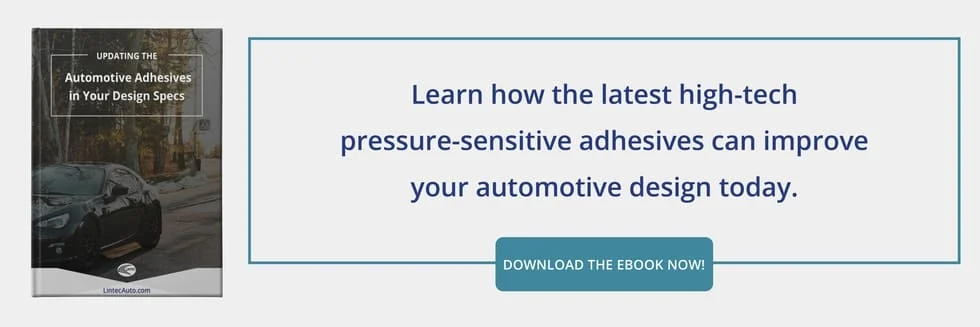Tips For Building a Relationship With Tier 1 Automotive Suppliers

In the aftermath of the last few years of disruption, many OEMs have been rethinking the traits that define a good relationship with suppliers. Strategies have shifted, and not always in productive ways. As Forbes reports, some automakers have leaned into a hardline, one-sided approach to their purchase order contract terms and conditions a tact that can create adversarial negotiations with current and future partners.
Andrew Downard, a former procurement exec for GM and Nissan, calls this approach myopic and short-sighted, focused on a short-term win at a time when the automotive industry is trying to put disruptions and supply chain volatility in the rear view mirror.
Here are a few practical tips for approaching the new normal from the other side and emphasizing positive relationship-building tactics in the automotive supply chain:
4 Tips for Building Trust with Tier 1 Automotive Suppliers
1. Ensure the Relationship Benefits Both Parties
Unlike the relationship that would result from the one-sided Stellantis approach (described in the Forbes article), Tier 2 automotive suppliers can make a concerted effort to engage only in partnerships that are mutually beneficial. Not all automotive Tier 1s will feel they must use a heavy hand in their supplier relationships and not all business is good business. This step is a double-check to prevent your company from taking business or entering arrangements that will be more likely to cause trouble than promote long-term growth.
Its a win-win for the Tier 1 auto suppliers, too. Purposeful support of and collaboration with their stable of Tier 2 suppliers can help them to reduce their costs and improve quality, ultimately leading to parts with lower costs than seen in other, power-based relationships.
2. Make Appropriate Concessions to Promote Trust
Supplier price concessions are one tactic. Benefits unrelated to costs, such as sharing new design innovations, product ideas, or production processes, can work wonders in improving working relationships. Research from Sloan Management Review provides substantial evidence over the course of 20 years of continuous examination of half a dozen leading U.S. automakers and hundreds of suppliers that proactive trust-building efforts yield revenue results.
3. Create Clear and Transparent Expectations
Communication is a cornerstone of a strong supply chain. The best results, however, will require more than frequent touch-points and detailed exchanges of information. Full disclosure of any foreseen obstacles, internal goals/intentions that could affect the relationship, and technical limitations will create a good-faith atmosphere that empowers both parties to work together and reach mutually beneficial outcomes.
4. No Informal Handshake Deals
When a good relationship is predicated on trust, its natural to feel a desire to demonstrate that trust in oral deals that dispense with formalities. However, this can come back to bite Tier 2 suppliers. When a contract lack formal documentation, relationships that are good one year and bad the next become ticking time bombs. Any shift in the Tier 1 automotive suppliers approach leaves hapless Tier 2 partners with no recourse.
Fruitful Relationships With Automotive Industry Tier 1 Suppliers Matter
These tips are applicable in all business relationships. No matter which supplier, vendor, or business partner youre working with, its imperative for leadership to foster trust and a working environment fueled by goodwill. Historical examples show that fair play, a collaborative approach to cost-downs, and win-win situations are a competitive advantage throughout the supply chain the type of advantage that prevents or overcomes common supply chain challenges.

